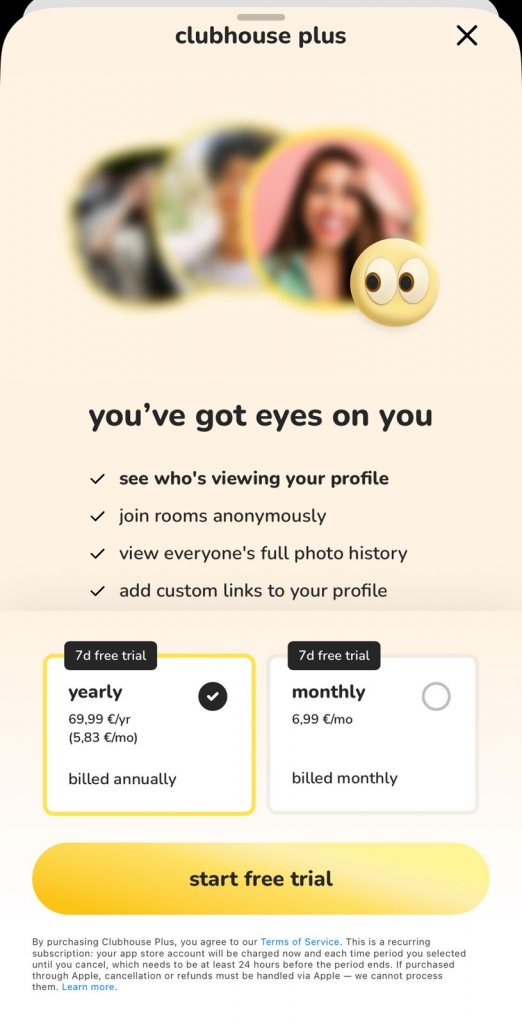An interesting scientific paper about social network defects:
Social media platforms have been widely linked to societal harms, including rising polarization and the erosion of constructive debate. Can these problems be mitigated through prosocial interventions?
We address this question using a novel method – generative social simulation – that embeds Large Language Models within Agent-Based Models to create socially rich synthetic platforms. We create a minimal platform where agents can post, repost, and follow others.
We find that the resulting following-networks reproduce three well-documented dysfunctions: (1) partisan echo chambers; (2) concentrated influence among a small elite; and (3) the amplification of polarized voices – creating a ‘social media prism’ that distorts political discourse.
We test six proposed interventions, from chronological feeds to bridging algorithms, finding only modest improvements – and in some cases, worsened outcomes. These results suggest that core dysfunctions may be rooted in the feedback between reactive engagement and network growth, raising the possibility that meaningful reform will require rethinking the foundational dynamics of platform architecture.
My observation is that people are increasingly dropping off social networks because they are no longer fun. AI is only accelarating the decline.
The list of platforms I no longer use is very long: Instagram, Facebook, Twitter, LinkedIn are the more prominent ones. I removed TikTok from my phone, deleted my Clubhouse account and removed most features from YouTube.



